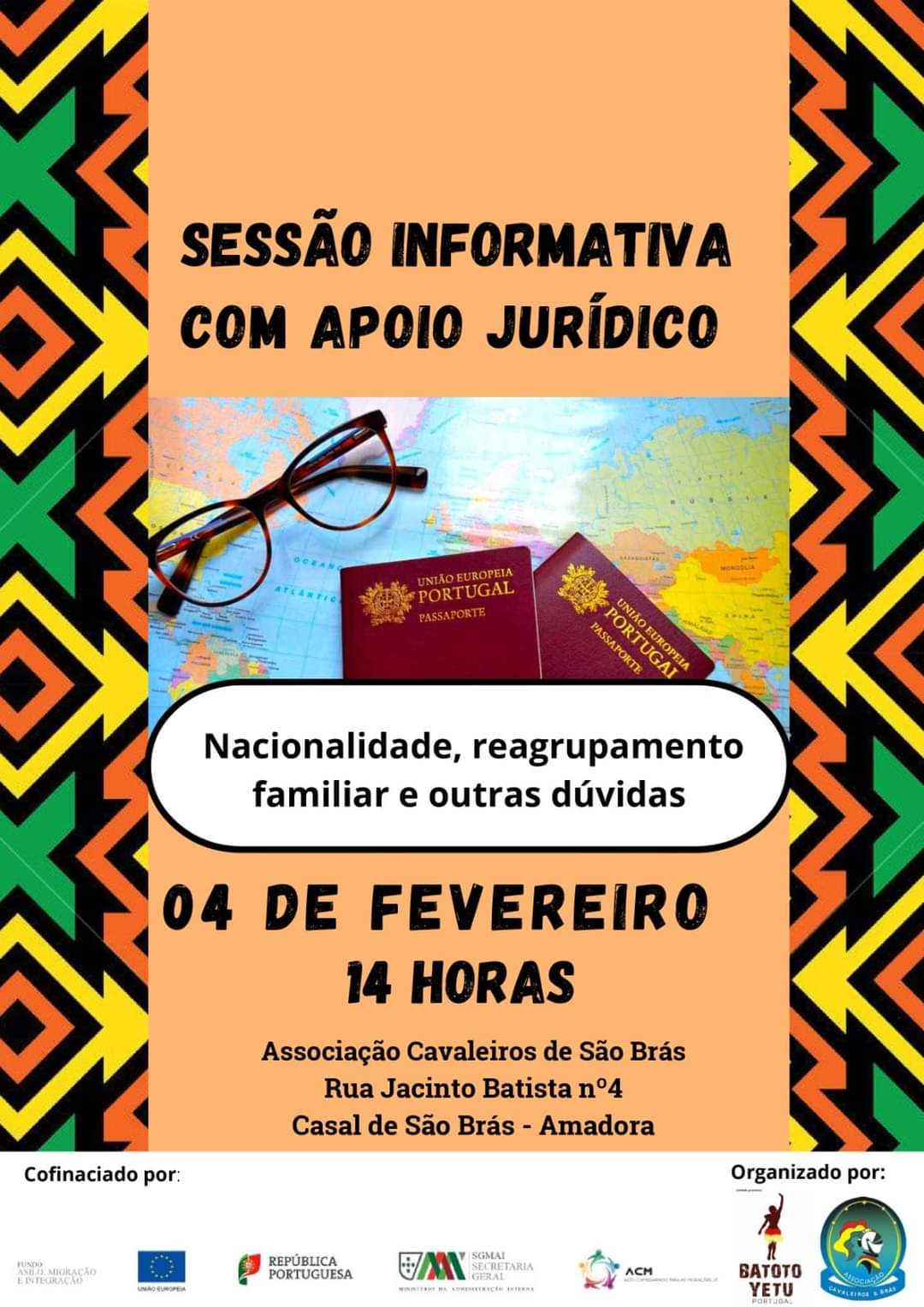Research approved for funding by the Fundação para a Ciencia e a Tecnologia and due to begin in mid 2022. Research hosted by CRIA - Centre for Research in Anthropology.
The research project aims to examine the multifaceted relationship between third country nationals (TCNs) and the law in Portugal. For, if on the one hand, the law enables them to claim rights and to pursue their life choices and plans, on the other hand, it may also restrict or deny rights and be a hindrance to the pursuit of their goals. How do TCNs adapt to or resist national law? How do administrative categories impact upon their lives and how does their own evaluation of their legal room for manoeuvre shape their life plans? The project will address these research questions through fine grained anthropological analysis of how migrants, asylum-seekers and refugees engage with immigration and asylum laws and welfare policies in Portugal.
The world of policy is made up of a range of institutions and social actors that interact directly and indirectly with each other across different contexts to meet what are often multi-layered and conflicting interests. The research will shed light on how TCNs articulate alternative visions, policy agendas and forms of citizen-making in their engagements with the law. It will also elucidate the complex relationship between law-in-books and law-in-practice, paying special attention to social interactions and discretionary power relations, the circulation of knowledge and the bureaucratic imposition of state timings on peoples’ lives.
The anthropology of law in migration contexts constitutes an area of studies so far unexplored in Portugal and the project aims to fill this gap to meet a specific national need: bridging the knowledge gaps between academia, the law and migrants.

